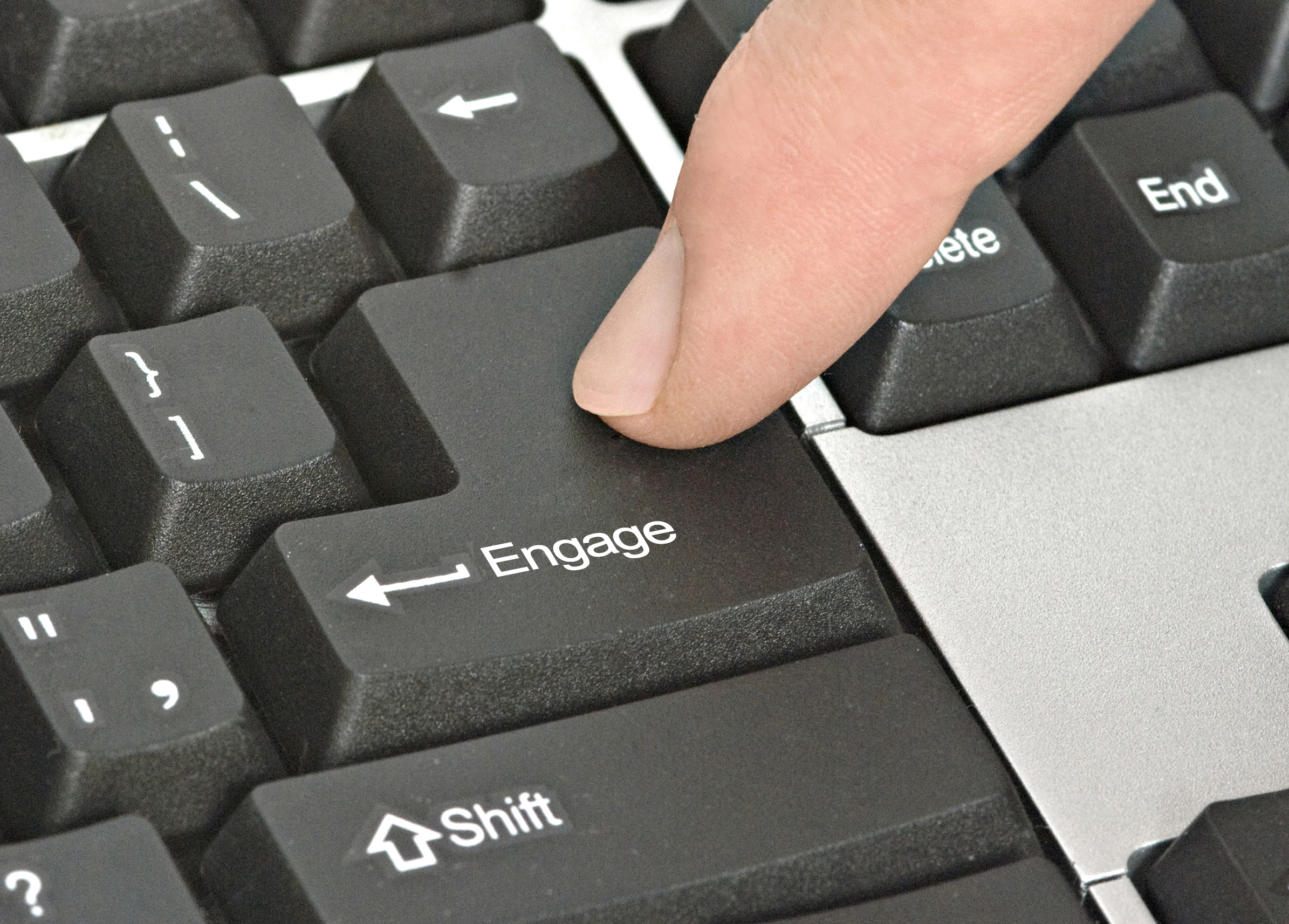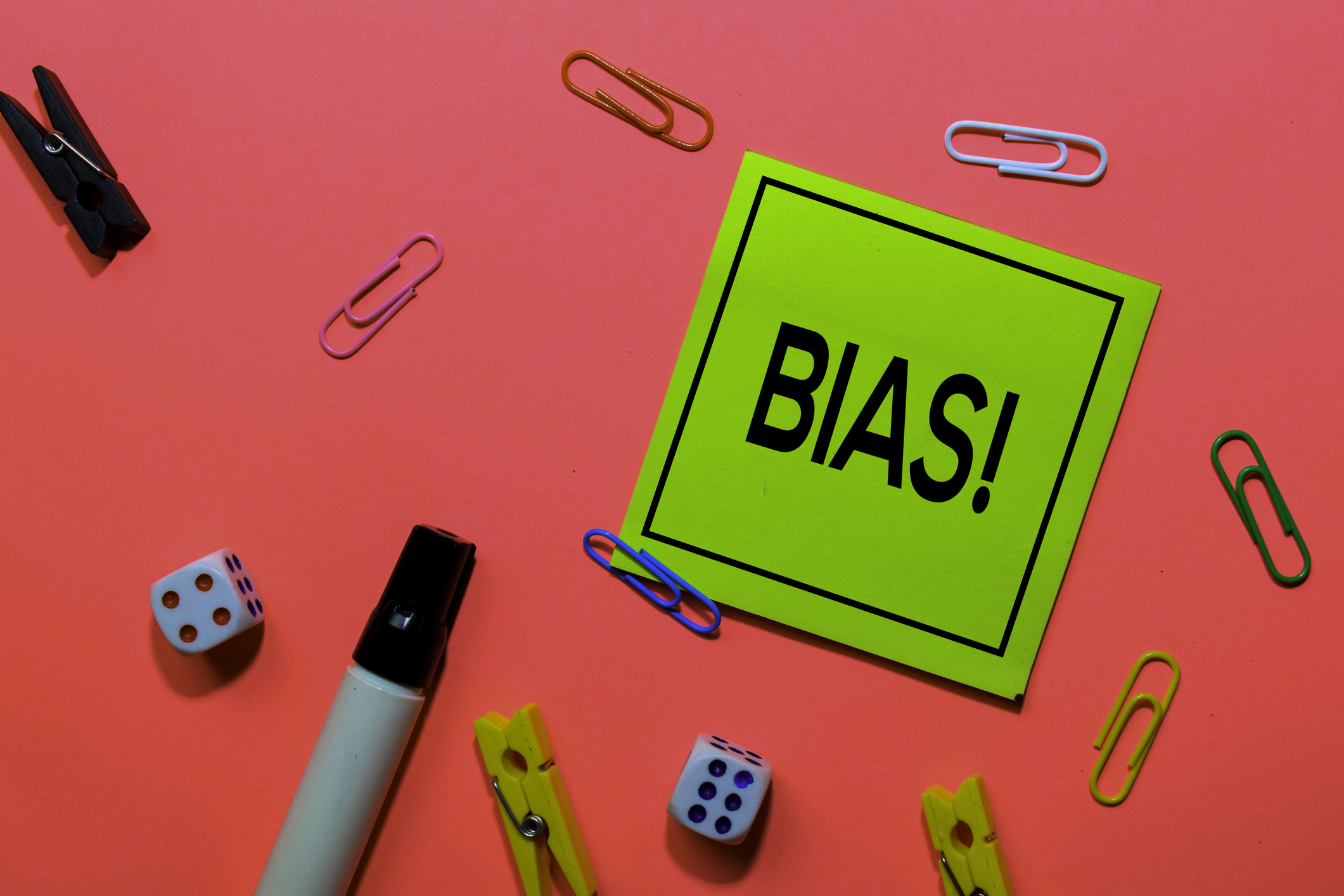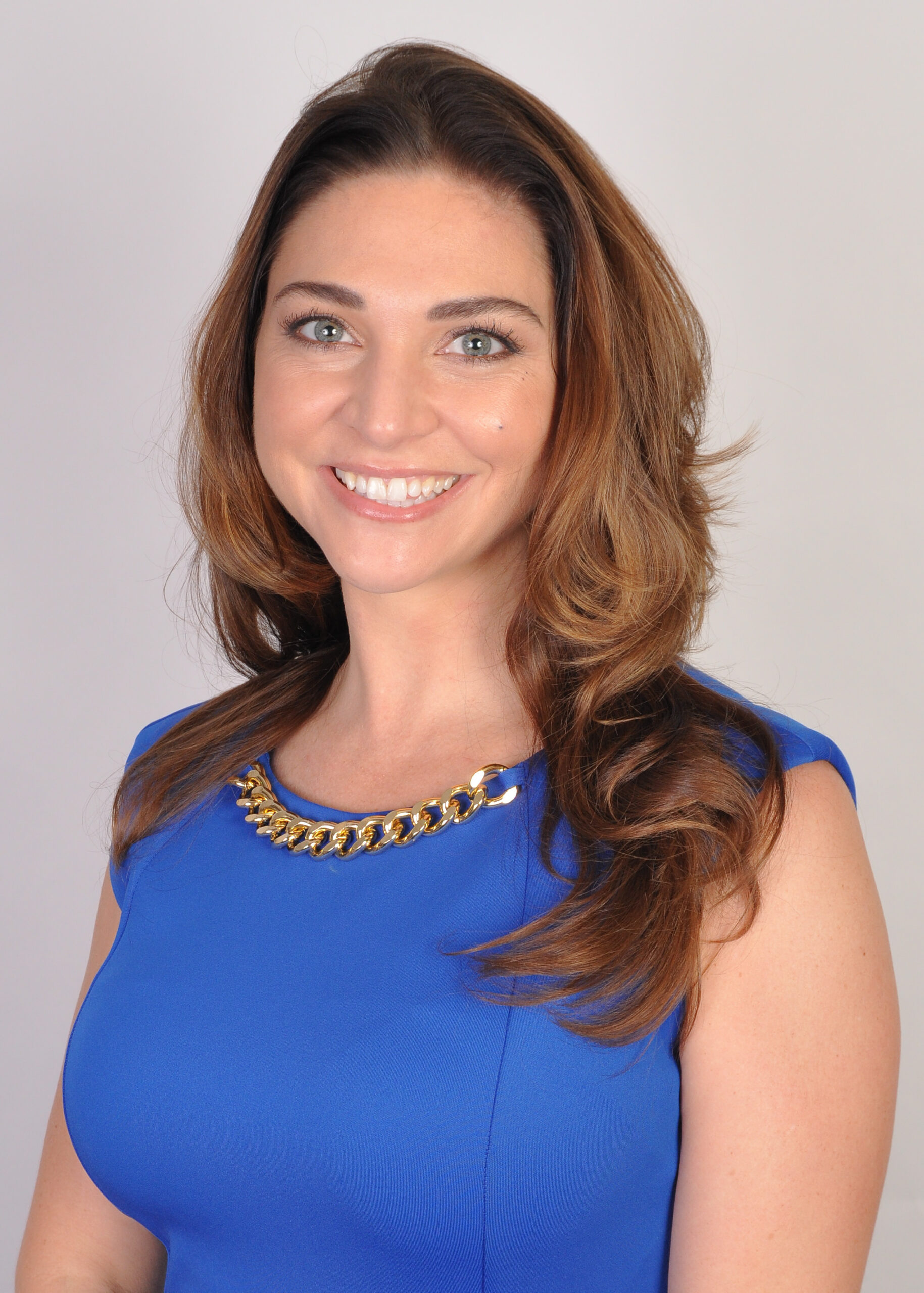“The eyes see only what the mind is prepared to comprehend.” – Robertson Davies
The 2020 global Covid-19 pandemic has changed how we live and work. We don’t yet know how permanent those changes are; nor what ‘the other side’ will look like.
What is startling to even the casual observer is the broad homogeny of these changes. From Hong Kong to London, New York to Sao Paulo, where there was once individualism, competition, and seeming divisiveness, all has been starkly replaced by one chilling phrase…‘Lock-Down’.
For all of us, as individuals, communities, and businesses alike, those two words bring with them unforeseen collective experiences; those of isolation, unexpected loss, powerlessness and a sense of fear.
Yet, in the midst of all of this, comes a distinctly shared awareness of a new and universal reality.
Lindsey Larrabee is a US-based consultant of Templar Advisors. She is a Certified Financial Behavior Specialist® and a DISC® Certified Human Behavior consultant.
She is a published industry author of field-specific research papers, including her recent co-authored publication, Using Financial Psychology to Better Serve Female Clients in the Financial Planning Association’s Journal of Financial Planning.
Lindsey’s professional background is extensively in Wealth and Asset Management; with direct experience building and managing consultative partnerships with sophisticated financial professionals across all channels, since 2007.
Lindsey graduated with her MBA and MSc. in International Business with an emphasis on Negotiation, from the University of Colorado, Denver. She has since gone on to earn her Master’s Certificate degree in Financial Psychology & Behavioral Finance at Creighton University.
- Business Brain webinar: Unconscious Bias & Decision Making in the New Virtual World, 3 June 2020 (details below)
Biases in this New Universal Reality…
As we seek to navigate these uncharted waters of change, the unequivocal presence and impact of our entirely-human unconscious biases, become collectively more pronounced.
Research has found that in times of stress and uncertainty, the influence of these cognitive, emotional, and behavioural biases we all have, becomes glaringly exacerbated. The psychological and emotional strain experienced, both consciously and unconsciously, by individuals during these times, acts as an enhancing and exploitative mechanism for biases.
This phenomenon has been found to lead to heightened collective societal “agreements” for beliefs and behaviors, which commonly result in substantial – and often adverse – outcomes and implications for decision-making.
As such, an enhanced awareness and understanding of unconscious biases and the role they play in shaping our perceptions, emotions, and behaviours, is invaluable.
Why Should Employers Pay Attention?
In every aspect of today’s modern work environment, these unconscious biases play an indisputable role.
Internally, they impact recruitment and hiring, leadership decision-making, team and meeting dynamics, and the employee experience. They are ingrained in organisational policy structures and work practices, and directly reflected firm culture.
Externally, the influence of biases seeps into every level of client interaction and stakeholder impression. Consequently, as a primary source of major issues such as unintentional discrimination, poor decision-making, and miscommunication, they are a root cause for many costly setbacks within organizations.
In an environment of amplified stress (i.e. Covid-19), it’s critical that employers anticipate an intensified presence of unconscious bias among their leaders, employees, clients, and stakeholders alike. Correspondingly, the magnified implications amid workplace interactions and overall organisational dynamics, should not underestimated.
What does it Mean for Client-Facing Professionals?

For the client-facing professional, unconscious bias awareness is paramount. Amidst the array of environmental complexities and uncertainties, the face of consumer power and societal wealth is also becoming more diversified every day. Success, therefore, depends on the professional’s ability to effectively engage this broader client base.
Effective and meaningful client engagement will be contingent upon their commitment and capability to not only recognize and understand client biases in play, but also on their ability to productively utilise those insights to better connect, support, and communicate with clients.
Against today’s backdrop, in which individual clients face new and intensified sources of life stressors around every corner… THESE soft-skill capabilities are the vital mechanisms which will undoubtedly define the “make-or-break” juncture for professionals and businesses going forward.
Ok fine, Unconscious Biases are Important … But What can be Done?
While real change in behavioural and professional practices around bias awareness requires meaningful commitment and interactive training, there are a few easy steps we can all start with. As with many things, this too, starts with looking at ourselves.
Building Awareness of our OWN Unconscious Biases:
Identifying unconscious bias in ourselves is difficult on our own; which is why we must have some form of checkpoints with ourselves, to help mitigate their influence and validate that our perceptions, interpretations, and decisions are the right ones.
Here are three simple steps you can take to start building self-awareness of your own personal biases:
1. Recognise that you DO have Biases, then Start to Notice How they Show Up
Reflect on your beliefs and behavioural patterns, especially when analysing complex situations and/or information, or making big decisions or judgement calls – pay particular attention to how you approach these scenarios in times of increased stress &/or tension.
2. Question your Assumptions AND what you BELIEVE to be True
- Write down what you unequivocally KNOW about the situation/problem/decision.
- Then brainstorm and write down as many possibilities you can imagine, for what you DO NOT know and/or what you could be missing.
- Spend time exploring these possibilities and consider how they might impact your perspective and/or approach to the situation.
3. Seek New AND Different Perspectives
- Connect with someone whom you view as opposite or very different than you, but whose opinions &/or perspectives you trust.
- Objectively share the context of the situation/problem/decision at hand and solicit their perspective and ideas for how they might approach it.
Building Bias Awareness among Employers/OrganiSations:
Employers who have invested in building awareness and programs to counteract unconscious bias have undeniably seen far-reaching benefits, both internally and externally. In addition to strengthening firm culture, improving fluency around workplace biases has also proven to boost employee productivity and retention, enrich client and stakeholder interactions, and promote long-term profitability.
However, numerous organisations still find themselves struggling with exactly how and where to start, in building and applying unconscious bias awareness.
Because businesses, teams, and professional relationships are extremely complex interpersonal systems with multi-faceted dynamics, it’s simply not enough to just read a book or watch a 30-minute webinar. To enable perceptions to adjust and behavioural changes to occur, leaders and professionals must learn applicable techniques through a hands-on approach.
As such, the best identifiable route for promoting awareness and incorporating meaningful change around unconscious bias in the workplace, is through practical, interactive training.
Business Brain Webinar:Unconscious Bias & Decision Making in the New Virtual World
If you have further interest in discussing the topic of Unconscious Bias Awareness, whether in the workplace and/or for client-facing professionals looking to better engage and support clients through stress and uncertainty, we invite you to join us for the below Q&A discussion:
DATE & time:
3 June 2020, 4.00pm BST
Speakers:
- Lindsey Larrabee, Certified Financial Behavior Specialist®, Consultant
- Joseph Bikart, Executive Coach & Author of ‘The Art of Decision Making’
Spaces are limited: email lw@templaradvisors.com


